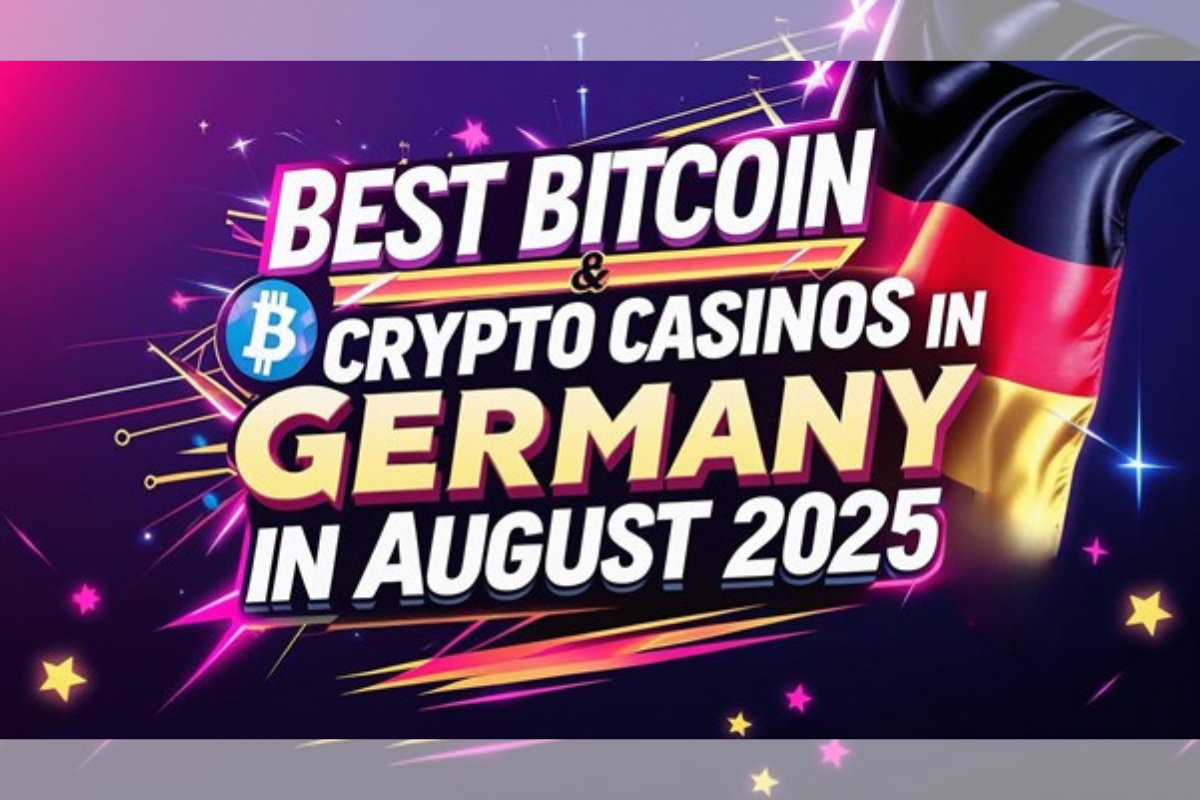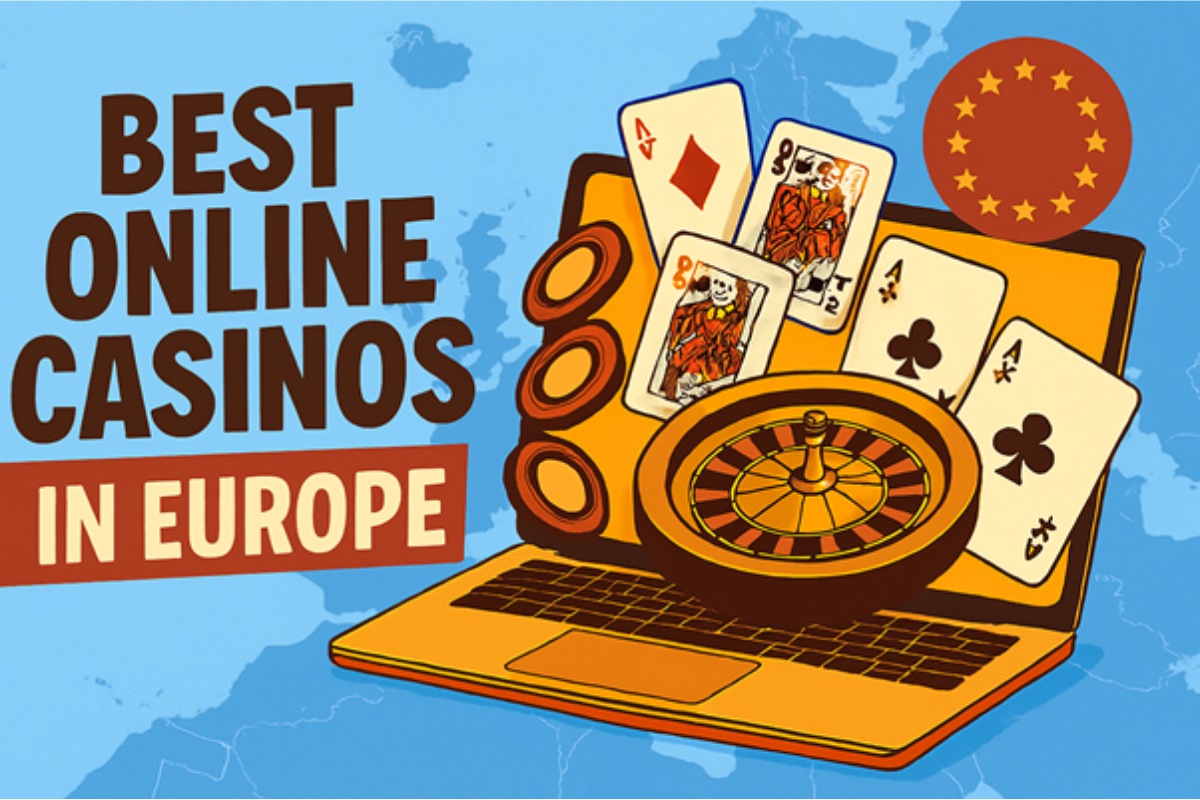Interviews
Exclusive QandA with Eriks Petersons, Digital Transformation Director of Ciklum

We have here a fascinating interview with a leader in the gaming industry. Meet Eriks Petersons, Digital Transformation Director of Ciklum.
He talks here about his introduction into the industry as a professional poker player in Riga to his move to Malta and his career in the industry.
What stands apart in the opinions and views are a clear-cut focus on the player experience and how it needs to be unique and standardized.
“One area that is really lacking, in my opinion, is differentiated player experience.” He says with absolute conviction.
He also elaborates about the use of technology, regulation and the need to break down the internal processes into smaller and simple steps.
Read on. Don’t miss the wisdom.
Q. Let’s begin the interview with a brief intro into your career. Our readers love to hear top entrepreneurs talk about themselves.
A. I started off in the iGaming industry in early 2008, back in my hometown Riga, where I was a professional poker player. Poker was at its peak and everyone was talking about it. Fast forward to 2011, specifically the Black Friday events of April 15th, which pretty much put an end to the poker hype. I bought a one-way flight ticket to Malta in order to further develop my career in an industry I’d fallen in love with.
I’ve spent the past 10 years or so working in various operational positions in major B2B and B2C companies, working closely with clients, tech and products. Looking back, I was fortunate to join the industry at a time where I’ve been able to grow and mature alongside it. This has allowed me to develop a well-rounded knowledge of company operations and industry specifics.
My current role at Ciklum is leading the iGaming vertical. Our aim is to contribute back to the industry, sharing our technological know-how and supercharging the growth of our clients to reach new heights.
Q. How do you view the development of technology for the iGaming industry over the last few years? There have been too many things happening, such as the covid 19 pandemic, frequent regulation changes and the emergence of newer tools in artificial intelligence, big data, cloud computing and blockchain?
A. The last few years have been quite interesting. Whilst one might say regulation has been the biggest culprit for the lack of innovation, especially for those companies that have a global footprint, it’s also been one of the main motivators for innovation. The same is true for AI, Big Data and Cloud, which all serve regulatory needs in one way or another.
Now that we have seen the adoption of these new tools to some degree, it’s time to spread them out to the other areas of the product. One area that is really lacking, in my opinion, is differentiated player experience.
With some exceptions, most casinos are all the same. They just have a different look and feel. There’s nothing special that makes the player choose a particular brand, or even more importantly, stick to it.
Q. On what ways do you think the pandemic affected the igaming technology development? And what are the technological changes that igaming companies can adopt to make their functioning pandemic-proof in future?
A. There’s not been many new developments, but one that I do like is the shared player experience. It’s also a trend we have seen in other industries, such as video streaming, with tech giants like Netflix and Disney+ both launching watch-along features earlier this year.
In regards to technological changes, the industry has once again proved its recession-proof status. Although I’d say this is more due to the entertainment nature of the industry, rather than any particular technological development.
When times are tough, people look for moments of joy. As long as it happens in a sustainable and responsible way, why not have a chance of winning something as well?
On the other hand, the closure of all the sporting events during the pandemic taught us the importance of product diversification and over-reliance on physical world interactions. Therefore I’d expect things like already popular esports betting and virtual sports, especially built on the blockchain technology, to now grow in significance.
Q. Let’s now talk about technological changes. How can iGaming companies work on different regulatory changes and product features in parallel – without stalling each other, and offering seamless service to users?
A. There are quite a few factors at play here, from your product strategy, to planning, to prioritisation, to available budgets and headcounts. There needs to be a well-segregated system with teams formed around different areas of responsibility, which can work independently on their own release cycles. The emphasis should be on independence. For example, whilst your ‘responsible gaming’ or ‘fair play’ team is busy implementing a change in Germany, your ‘player acquisition’ team can refactor, test or improve the new features on the homepage.
The only other piece of advice, which is similar to what every productivity coach would tell you, is break things down into small logical chunks and start working on them at your earliest opportunity. This way you’ll avoid any last-minute stress for your teams, gain some productivity points, and thus benefit from extra time to spend on some nice, new, shiny features. The trick here is to keep releasing these small logical chunks directly to production, and in case the full feature (constituting of multiple small logical pieces) is not ready or requires to be launched later, you can keep its functionality configurable on or off – known as feature toggling.
Q. Why do companies need APIs to work with a number of 3rd party tools, such as fraud detection platforms, KYC verification tools, and others?
A. It’s not a question of why, but rather a question of how? If you don’t have a standardised process, you’ll keep adapting to each new integration coming your way and thus fitting more and more customisations and exceptions to your platform, which would eventually grow into an uncontrollable beast that no one wants to deal with.
As a simple example, if we focus just on the basic functioning of the online slot – there’s tons of various online slot providers out there which each have their own API. However, all slots function pretty much in the same way. You need to query the wallet to check the balance, you need to call the provider to make a bet (spin), and then you need to be notified of any winnings. Now, as an example, some providers will not return any calls when there is a loss, some will return a call as 0 winning, whilst others will register each loss separately. If you don’t have these things standardised in your platform, you’ll keep having different variations of the same that will eventually become hard to maintain.
Q. What are your insights on the use of cloud computing in working with huge amounts of players data?
A. There are numerous benefits of using Cloud which are already pretty well documented. First of all, huge amounts of data require enormous amounts of storage. Whilst it’s technically possible to increase the capacity of your in-house servers, you need to plan these things well in advance.
Secondly, due to cloud’s ‘infrastructure as a service’ model, you’re basically moving all your upfront bare metal CAPEX expenses to much smaller OPEX expenses which would grow only as you grow, and thus are much better on your bottom-line.
Last but not least, cloud provides the ability to scale your infrastructure very quickly so you can manage large spikes of traffic or prepare for a new market launch. The cherry on top is when you manage to automate this horizontal and vertical scaling.
Q. How do you think simple changes – such as registration forms design – can make a big difference in the player experience and eventually the revenue for iGaming operators?
A. One can never stop experimenting. Player trends are constantly changing, and you should not forget to account for the multiple market and cultural aspects in this equation. There are tons of untested hypotheses which can only be validated by real data. Is a three step registration process better than one?
Even the smallest things like the colour, shape or positioning of a button can have an enormous impact on player behaviour and thus the conversion rate. Successful operators never stand still, they keep experimenting, keep validating, and keep improving their product and thus revenue in small, manageable increments at a time.
Q. Finally, where do you see the current digital transformation heading to. In future, will digital transformation invade privacy and data security of the end users much more than it does today?
A. Overall, the digital transformation topic is quite broad, but one important aspect of it is the ability to see things in much greater detail, understanding those details, and then having better control over them. This may be physical items, events or outcomes. Having said that, it definitely touches on all possible aspects of player data. I would expect regulations and moral principles to set the boundaries.
Think of your phone, it already has dozens of various sensors built into it which can detect light, sound, gravity, acceleration, location, temperature, biometrics, and a lot more. One can opt to use this data, and who knows, maybe in the future, instead of the traditional spin buttons on the slot machines, players will throw their phone up in the air to feed the slot’s unique RNG algorithm.
But on a more serious note, short to mid-term I’d expect to see more control given to the players in terms of how they want to entertain themselves. From the look and feel to the actual dynamics of the play. They might want to play solo, or have a party game with their friends, where balances are shared and winnings distributed. Prop bets will also become much more granular by using every imaginable data point of the particular sport / market, placed via smart speakers directly on your TV whilst watching the live stream.
Long-term, affiliates, and probably even individual players themselves, will be able to create their own casino within the casino and keep a portion of the revenues. They would be able to define every aspect from the look and feel to the type of games, localised bonuses and loyalty programs, and so on.
Then, in the not so distant future, this all will probably move to some sort of metaverse, with such attempts having already been made.
-

 Bitcoin3 days ago
Bitcoin3 days agoCrypto Casinos EU 2025 – Top 10 European Bitcoin Casino Sites (Updated List)
-

 Latest News6 days ago
Latest News6 days agoBest Crypto Casinos in 2025 – Top 10 Bitcoin Casino Sites, Rated by Experts
-

 Africa6 days ago
Africa6 days agoVeliTech Announces Strategic Partnership with Jambobet
-

 Compliance Updates6 days ago
Compliance Updates6 days agoKSPO K-Cycle & K-Motorboat Racing Holds Betting Integrity Sharing Agreement MOU Signing Ceremony with IBIA
-

 Latest News6 days ago
Latest News6 days agoRainbet Promo Code 2025: GAMBLECS2 for 60 Free Spins No Deposit Bonus
-

 Compliance Updates3 days ago
Compliance Updates3 days agoGeoLocs and Shufti Join Forces to Streamline Player Onboarding and Compliance
-

 Africa6 days ago
Africa6 days agoSportPesa Sponsors National 7s Circuit 2025
-

 Latest News6 days ago
Latest News6 days agoBest Bitcoin & Crypto Casinos in Germany in August 2025






















